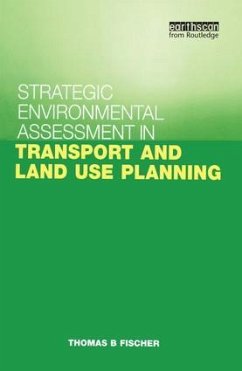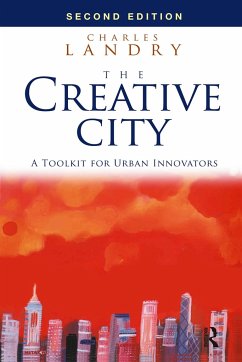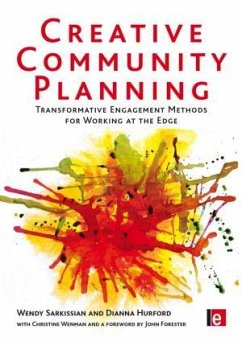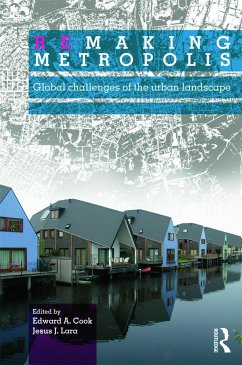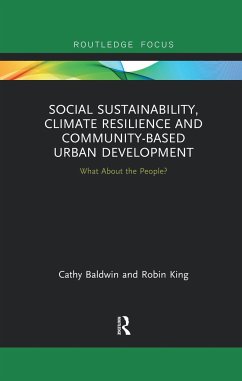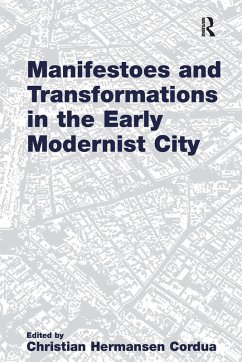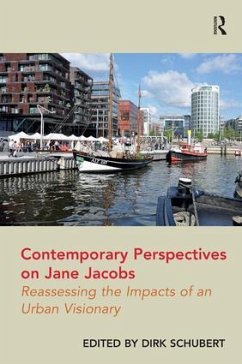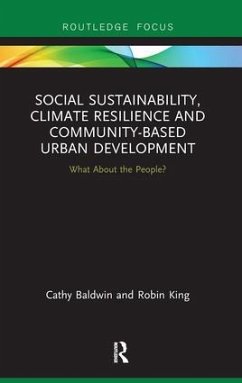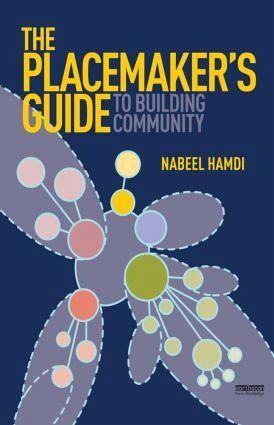
The Placemaker's Guide to Building Community
Versandkostenfrei!
Versandfertig in 1-2 Wochen
46,99 €
inkl. MwSt.
Weitere Ausgaben:

PAYBACK Punkte
23 °P sammeln!
From the author of Small Change comes this engaging guide to placemaking, packed with practical skills and tools that architects, planners, urban designers and other built environment specialists need in order to engage effectively with development work in any context. Drawing on four decades of practical and teaching experience, the author offers fresh insight into the complexities faced by practitioners when working to improve the communities, lives and livelihoods of people the world over. This title shows how these complexities are a context for, rather than a barrier to, creative work. Th...
From the author of Small Change comes this engaging guide to placemaking, packed with practical skills and tools that architects, planners, urban designers and other built environment specialists need in order to engage effectively with development work in any context. Drawing on four decades of practical and teaching experience, the author offers fresh insight into the complexities faced by practitioners when working to improve the communities, lives and livelihoods of people the world over. This title shows how these complexities are a context for, rather than a barrier to, creative work. The Placemaker's Guide to Building Community also critiques the single vision top down approach to design and planning. Using examples of successful professional practice across Europe, the US, Africa, Latin America and post-tsunami Asia, the author demonstrates how good policy can derive from good practices when reasoned backwards, as well as how plans can emerge in practice without a preponderance of planning. Reasoning backwards is shown to be a more effective and inclusive way of planning forwards with significant improvements to the quality of process and place. Nabeel Hamdi offers a variety of methods and tools for analyzing the issues, engaging with communities and other stakeholders for design and settlement planning and for improving the skills of all involved in placemaking. Ultimately the book serves as an inspiring guide, and a distillation of decades of practical wisdom and experience. The resulting practical handbook is for all those involved in doing, learning and teaching placemaking and urban development world-wide.





